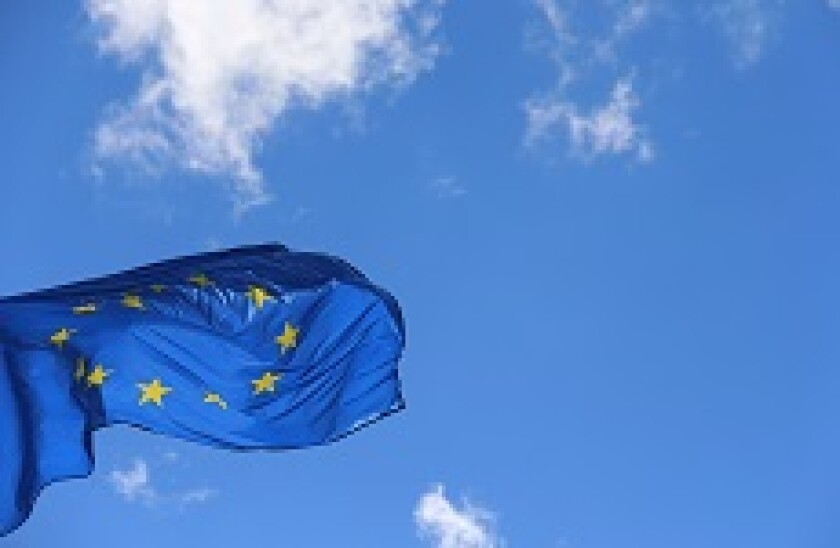At this week’s meeting of the Economic and Financial Affairs Council (Ecofin), EU finance ministers sketched out an “action plan” for tackling Europe’s €1tr non-performing loan (NPL) problem.
They came up with a variety of proposals, including calling on the European Commission to develop a blueprint for national asset management companies, which would help deal with bad loans in each member state.
The proposal said a lot about the direction of travel for banking legislation in Europe.
Back in January, Andrea Enria, the chair of the European Banking Authority, had come up with a more ambitious plan. He called for an asset management company at a European rather than national level. The idea gained some support, but not enough.
It is very clear. The more European law makers try to combine healthy and unhealthy banks in one Banking Union melting pot, the more individual states push back.
The NPL action plan arrives in the same week that Italy won a vote of confidence on its plan to wind down two banks under national insolvency law, having swerved resolution under European law. And it comes in the same week that Sweden voiced its concerns about joining the Banking Union, in which it would assume some responsibility for banks in countries with bigger financial problems.
There’s an old English saying that goes, “if Andy Murray wins Wimbledon he’s British, if he loses, he’s Scottish”.
The same is true of the Banking Union. If none of Europe has any worries then pan-European fixes can gain traction. But if some member states struggle more than others, it's every country for itself.

